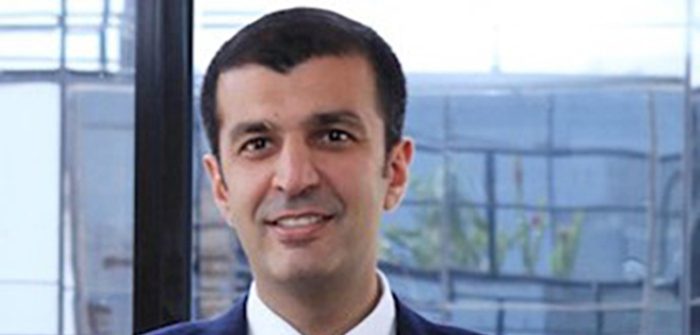Apollo Tyres was established in India in 1972, and since then has expanded to become a multinational tire supplier, owning brands such as Premier and Vredestein in Europe. Tire Technology International caught up with managing director Neeraj Kanwar to find out how the brand was weathering the Covid-19 pandemic, while also expanding its business.
How has Apollo coped during the Covid-19 pandemic?
During the pandemic, at Apollo, we quickly shifted gears to adapt to the new normal. The first step we took when the lockdown kicked in was to take salary cuts at top level management and remove pay increments across the company. We renegotiated our contracts, reduced our engagement with consultants and deferred all discretionary spends. Our focus was on conserving costs.
We also decided to reduce what we call ‘bad’ costs. We looked at rationalization and optimization of our real estate across our key markets. On the supply chain side, we went for optimizing freight and storage costs. Another key decision we took was to continue with our planned factory openings and product launches. We just had to go digital for this. So, we had virtual opening ceremonies, virtual dealer-meet conferences and virtual product launches. They have been powerful and successful and at a fraction of the cost of live events.
Where are the new manufacturing plants you are opening located, and why did you opt for these areas?
We are continuing to focus on what we call ‘good’ and ‘bad’ costs. R&D and innovation are our ‘good’ costs and we will continue to invest in them. I am pleased to say that despite Covid-19 and economic hardships, we decided to press ahead and open our seventh manufacturing unit in the world, in India.
Our first tire rolled out from the new Andhra Pradesh greenfield facility on June 25. The digital launch of the event was attended by the supervisory board and the senior leadership. We also added an extension to our existing facility in Gujarat, India. With technology being one of our key pillars of growth, we have not sliced our R&D expenses. While we have rationalized our investments, planned Capex will continue toward our newest greenfield in Andhra Pradesh, India.
What are the main ways that Apollo has changed its strategy to engage the consumer at a point when fewer drivers are likely to consider buying tires?
We have also continued to launch new products and meet our partners despite the lockdown. Our Europe region successfully concluded the virtual launch of the new Vredestein Wintrac and the new Vredestein visual identity. This was a phenomenal success. A typical launch would cost us around €1m (US$1.2m), but the team’s virtual launch was done at a fraction of the cost. Yet, at the same time, we engaged with 10 times more partners in trade and media, compared with the usual launch where we would engage around 400 people.
The APMEA sales and marketing also successfully connected with over 1,500 dealers via a webinar across India, further strengthening our relationships with the dealer network while eliminating costs such as travel, boarding and lodging. Using virtual learning and e-launches have been a welcome outcome in these challenging times. And guess what, I believe we will continue to invest and expand our digitization process even after we go back to the before-Covid days.
As a multinational company has Apollo faced any notable challenges in dealing with local lockdowns or restrictions at borders?
We followed local guidelines to deal with the Covid situation and it had to be done to deal with the pandemic effectively. We didn’t face any major problems, but the business was impacted to an extent. Our plants in Hungary and the Netherlands opened when the lockdown was lifted. We work closely with local authorities to ensure we control Covid-19. We have temperature checks and social distancing at our plants. It increases the cost, but it has to be done. Healthy employees are the backbone of a healthy company.
Is there further room for cost saving? Can we expect any immediate changes from Apollo?
At Apollo, we are going to continue conserving costs. Our focus on R&D and developing best-in-class tires continues to win us accolades. Auto Bild recognized us as the ‘All-Season Manufacturer of the Year’, while prestigious USA-based Consumer Reports named the Vredestein Wintrac Pro as “the top performance winter tire”.
Our aim is to consolidate our market position in the existing markets and seek new markets/segments; continue investment in both brands –Apollo and Vredestein; and focus on consolidation and sweating our existing assets.
Are you happy with the current supply chain model or do you think there could be reason to adapt it, in order to suit changing consumer buyer habits?
Coronavirus and recent trade wars have made one thing clear – the current supply chain model in the automotive sector is unsustainable. The auto industry as a whole was too reliant on China. What lockdown and Covid-19 have revealed is the need for an alternate to this. Automotive companies have been attracted to China as it is a low wage destination for production costs, however, business leaders should now look at parallel supply chains to buffer and mitigate future disruption.
How will Apollo adapt to play a key role in an evolving and ever-changing automotive industry?
Our focus is on the digitization of work and innovation of our brands and products. Sustainability is also a cornerstone for us. We will continue to build stakeholder value.



